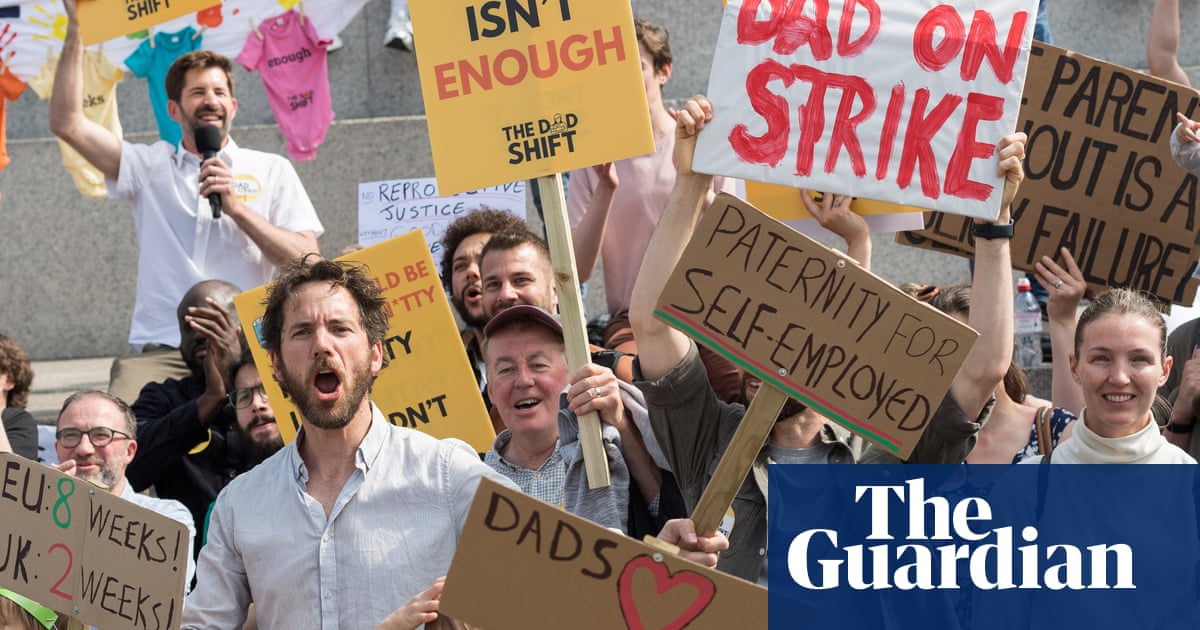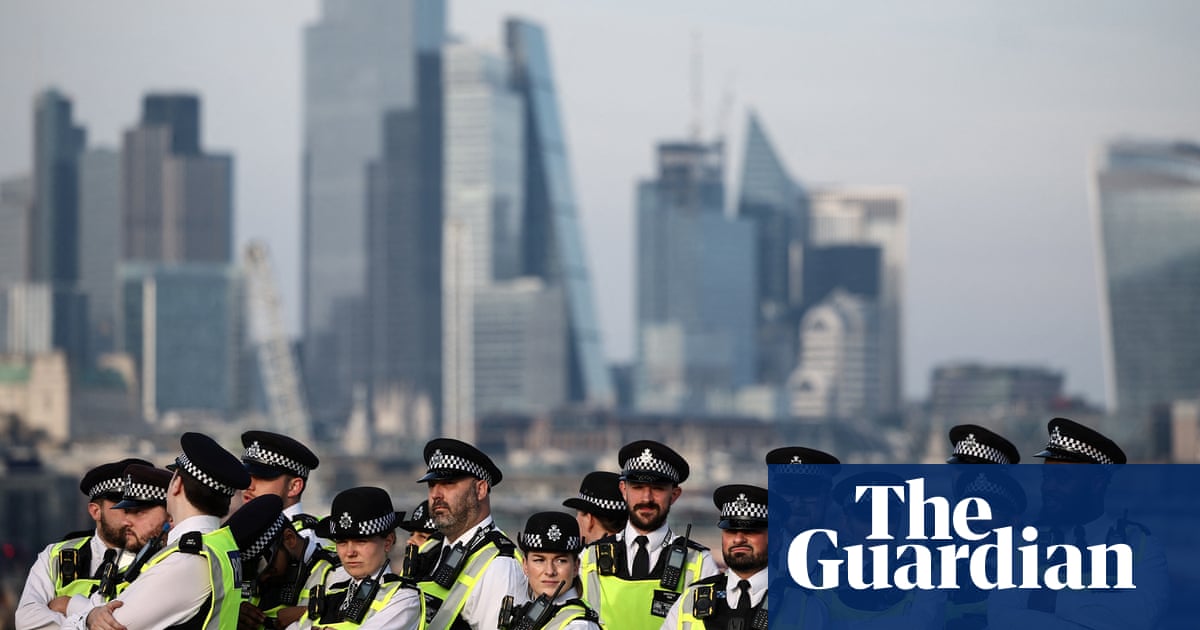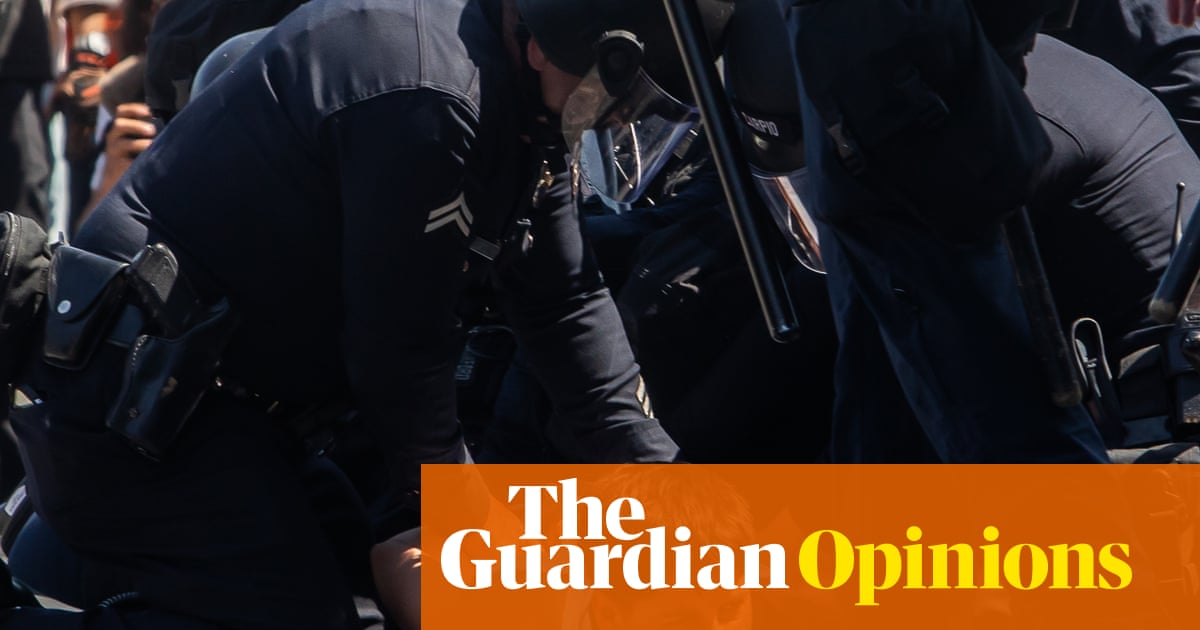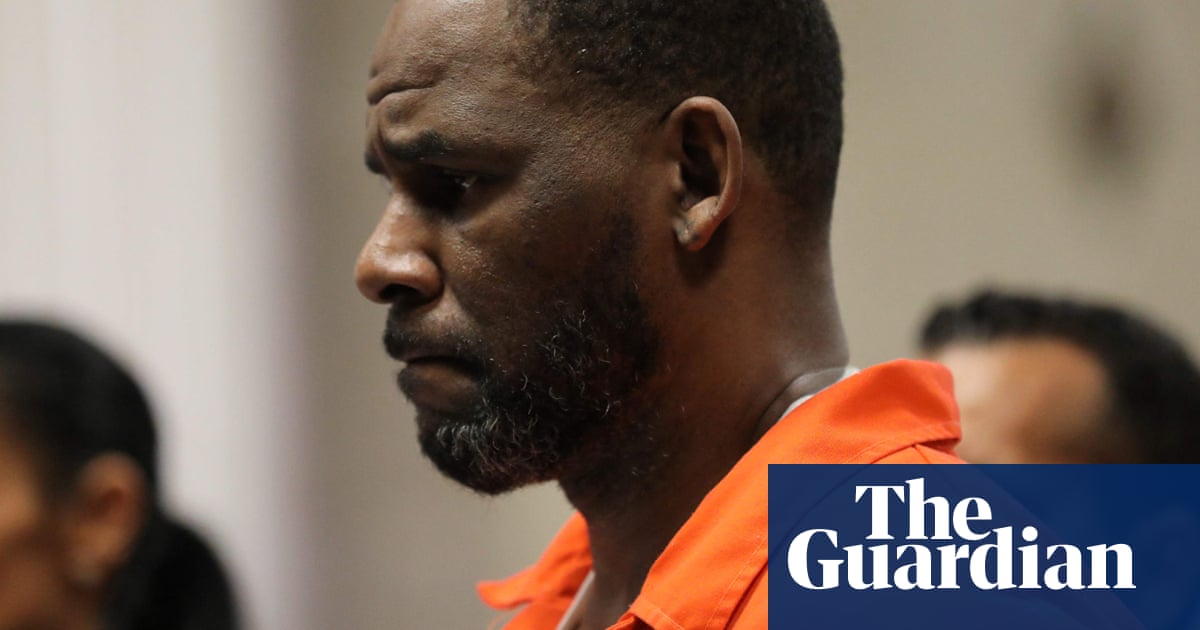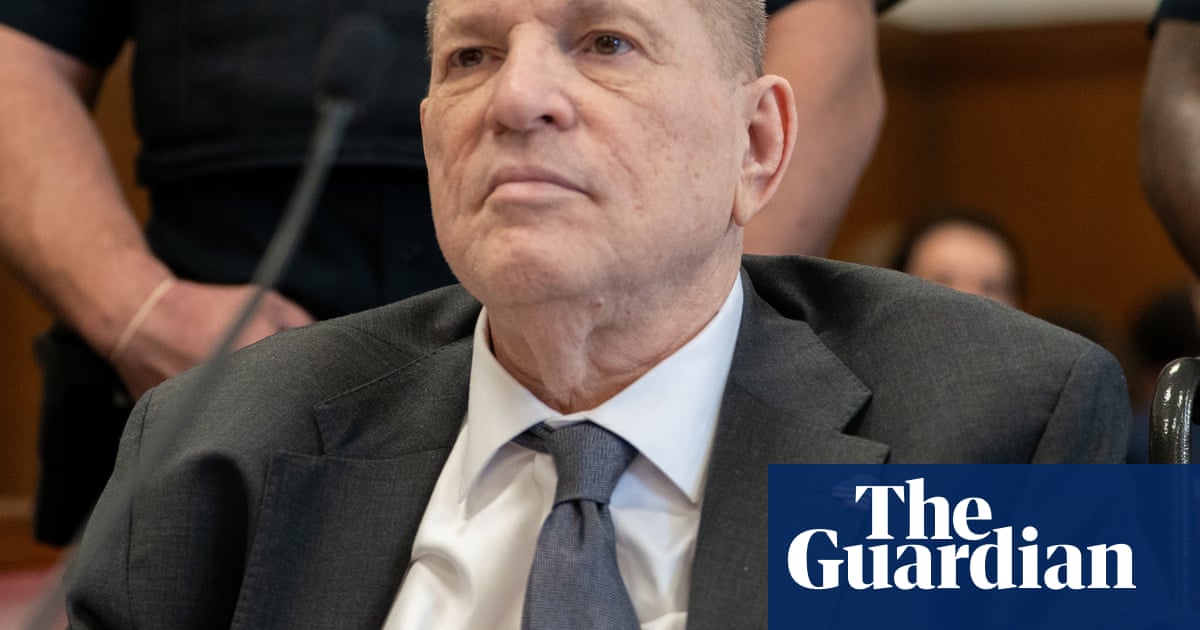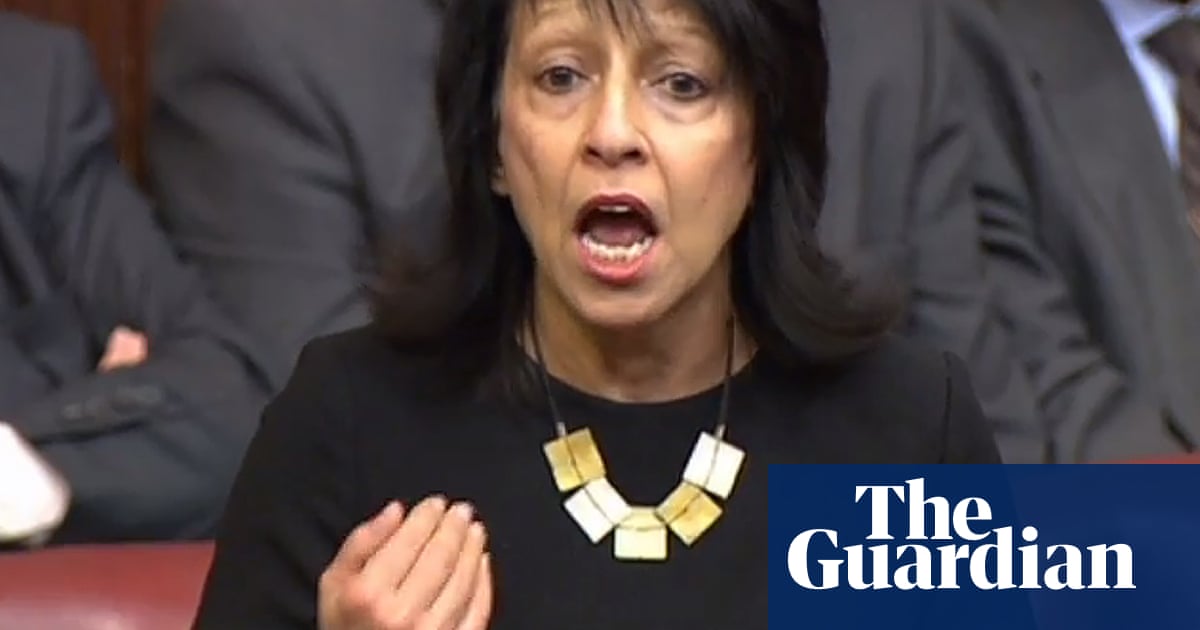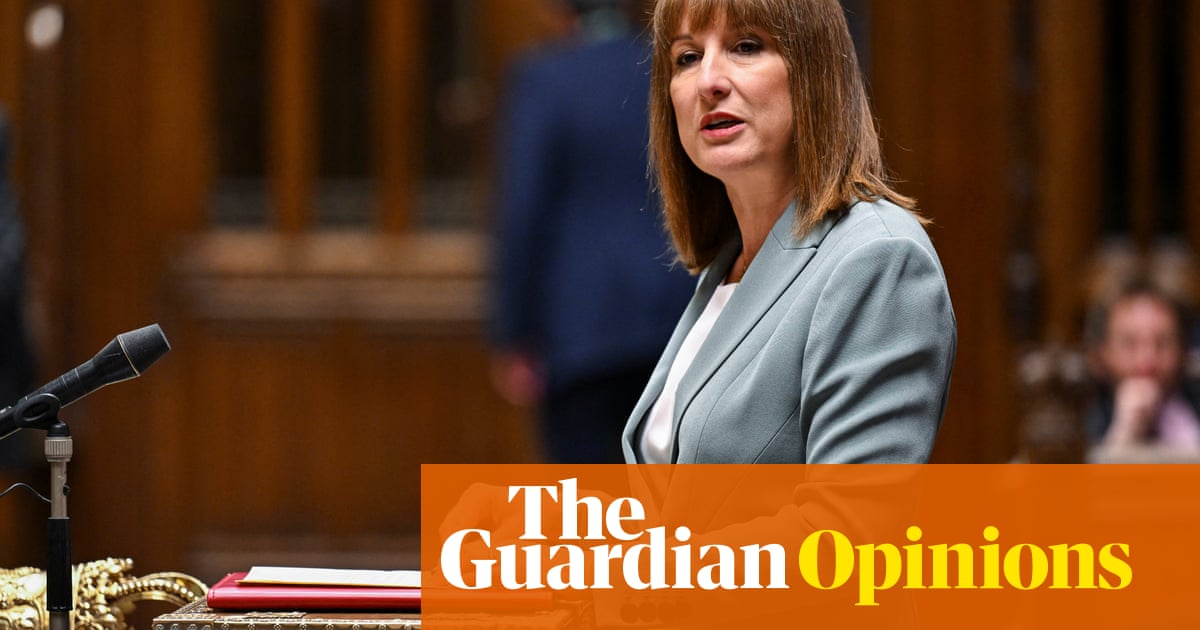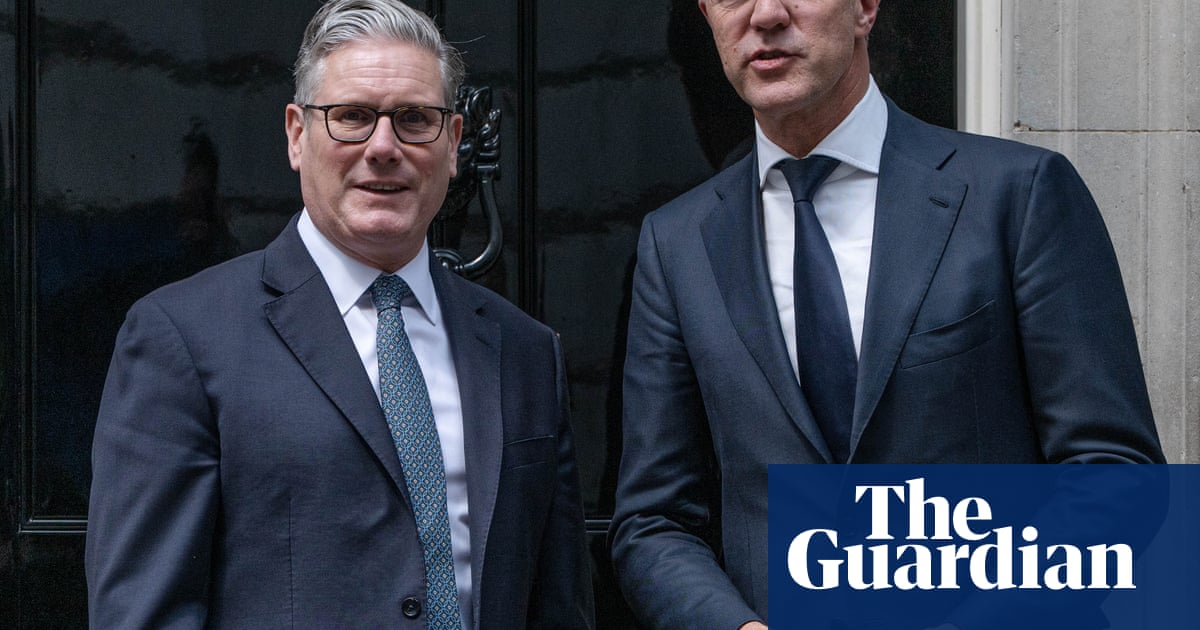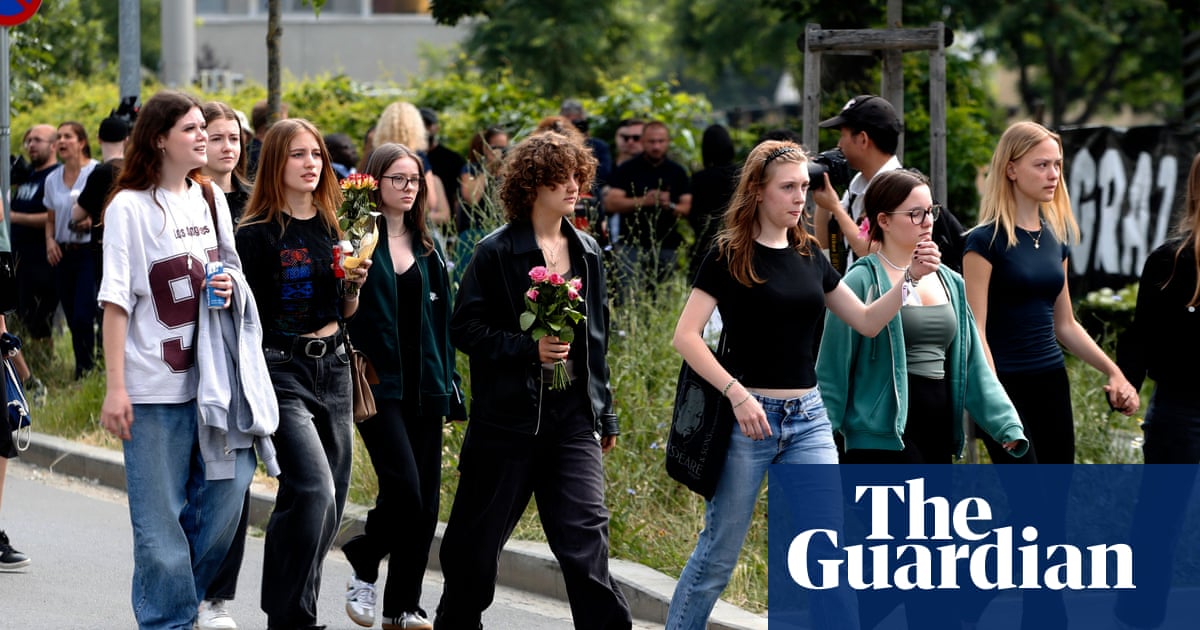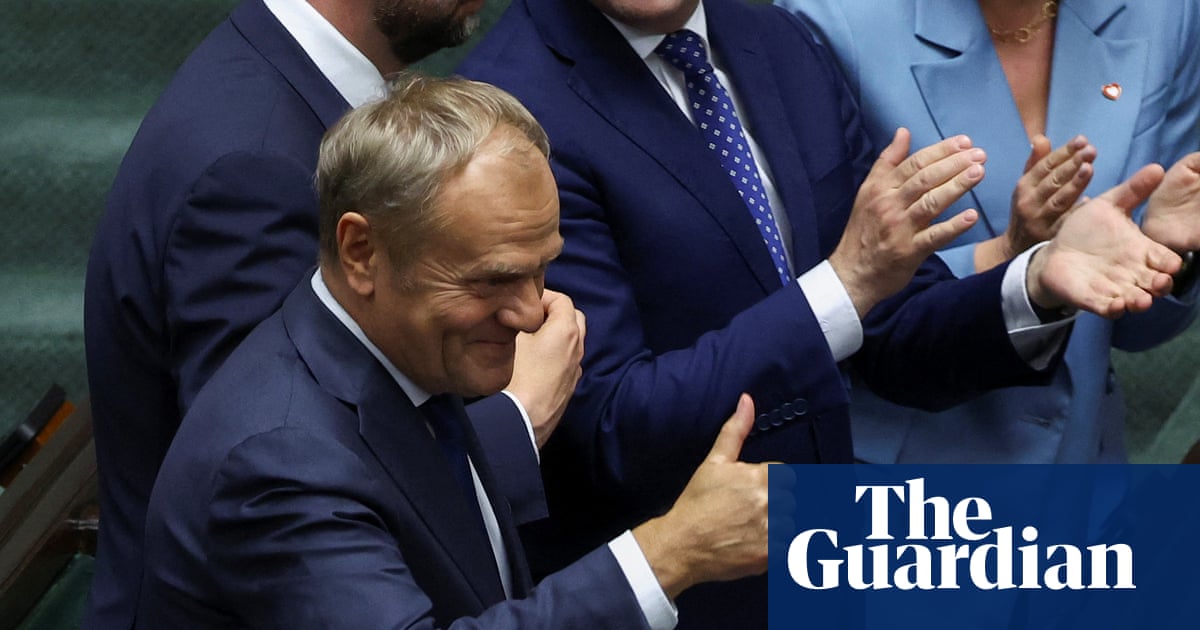Scotland Yard has paid a five-figure sum to a woman after officers “brought the service into disrepute” for failing to investigate her report of rape by her ex-husband, the Guardian has learned.
The Metropolitan police’s directorate of professional standards – known as the “Line of Duty unit” – criticised officers involved in the woman’s case, saying they had damaged the reputation of the force “at a time when we are working hard to build bridges with the public and re-build the trust we have lost”.
The country’s largest police force paid substantial damages to the woman in January after she started legal proceedings, almost four years after she went to the police to report a rape and controlling and coercive behaviour by her ex-husband.
In June 2021 the woman told officers that during unwanted sex with her ex-husband – during which she was unresponsive – she stated: “This feels like rape,” but he continued.
Speaking publicly about the experience for the first time, Emma* said she told Met officers that her husband had told a friend she had accused him of rape, and she had recordings of him telling their children “daddy is a rapist”.
Met officers interviewed the woman twice but closed the investigation without questioning her husband, or gathering any other evidence. When Emma questioned that decision in an email, a trainee detective assigned to the case replied that “no allegation of rape was made by yourself”. Emma queried this but received no response.
“I was a bit shocked with that,” she said. “I felt like: Oh, maybe I don’t understand what rape is then.”
She said the officer’s argument was undermined by the Met’s own guidance around rape – which states that it need not “involve violence or force, cause physical injury or leave visible marks” and promises that police “don’t believe these myths and […] won’t doubt you because of them”.
She was determined not to let the decision go unchallenged. “I felt if I didn’t fight, if I didn’t do something about it, I think my depression […] would have just got worse,” she said. “I think fighting was me doing something about it.”
However, in July 2022 the Met’s internal complaints unit decided that the service provided was “acceptable”. She started legal proceedings, hoping a judicial review would overturn the decision, but dropped the case in 2023 over fears that she would be liable for the Met’s costs, but continued to seek damages for breaches of the Human Rights Act. “It felt like I was a pest, like I was the criminal,” she said.
In February last year an appeal to the Independent Office for Police Conduct (IOPC) finally made an impact, with two officers referred for misconduct hearings. The IOPC directed the Met to reinvestigate the police complaint, with the Met’s directorate of professional standards finding that officers had brought the service “into disrepute” and apologising “for failings caused by the officers involved”.
At a misconduct hearing in December last year, the former trainee detective who closed the case said she had not been trained to investigate rape, stating: “I was just another number to them. I was just told to investigate. I’d not had any training on it.”
It concluded that while the two officers were not guilty of misconduct, they should engage in “reflective practice”.
Emma said she felt “gaslit” by Met promises to improve investigations into crimes against women, after the rapes and murders of Sarah Everard, Nicole Smallman, and Bibaa Henry and a nationwide overhaul in how rape cases are treated. Last year the force stated that it had doubled its charges for rape since 2021.
DCS Neil Smithson, from the Met’s professional standards unit, said the force accepted that numerous mistakes had been made in the investigation, which “fell way short of the standards we expect”. He added: “As part of our work to tackle violence against women and girls we have strengthened training for officers and bolstered the number of staff in public protection so we can rebuild trust and better handle cases like this.”
In January this year, the Met settled Emma’s case, without admitting that officers had breached her human rights. In April the reopened rape case was closed again after officers decided there was insufficient evidence to refer it to the Crown Prosecution Service.
Gus Silverman, a solicitor at Deighton Pierce Glynn, which represented Emma, said the failure to recognise legal liability in the case was problematic, adding: “Why not demonstrate that, as an organisation, you are prepared to reflect upon your failings and admit when things have gone wrong, to try and rebuild the confidence of a victim who’s been failed, and of the broader public?”
Reflecting on the payout, Emma said she hoped her persistence to expose failings in her case would change outcomes for future victims, but she had little faith that the Met had fundamentally changed. “It’s just money, isn’t it, at the end of the day,” she said. “It means nothing.”
*Names have been changed

 1 day ago
10
1 day ago
10
